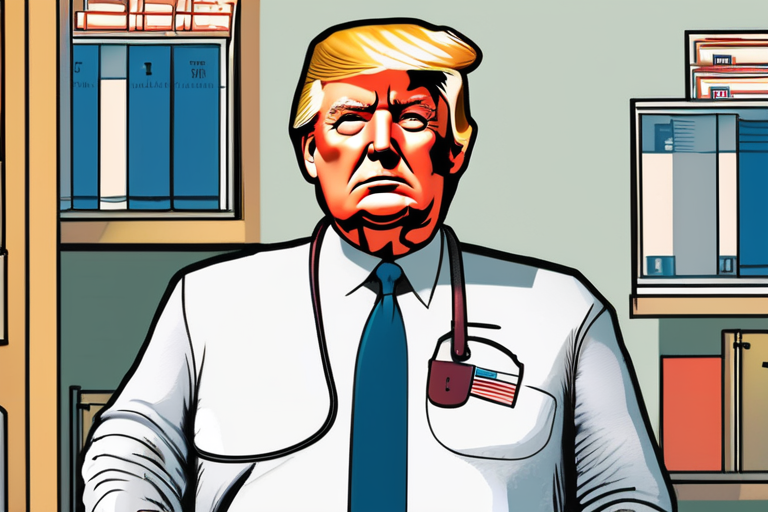The sharp decline in food inspections by the US Food and Drug Administration (FDA) has sent shockwaves through the global food industry, with far-reaching implications for consumers, businesses, and the economy. A ProPublica analysis of federal data reveals that inspections of foreign food facilities have plummeted to historic lows this year, even as alarming conditions are uncovered at some manufacturers.
According to the analysis, the number of foreign food facility inspections conducted by the FDA has dropped by nearly 50% since 2017, with a total of just 1,444 inspections conducted in 2020, down from 2,655 in 2017. This decline is attributed to deep staffing cuts under the Trump administration, which has resulted in a significant reduction in the number of FDA investigators available to conduct inspections.
The impact of this decline is being felt across the globe, particularly in countries that rely heavily on exports to the US market. Indonesia, for example, is one of the world's largest producers of seafood, with a significant portion of its exports bound for American supermarkets. However, a recent FDA inspection of a cookie factory in Indonesia revealed disturbing lapses in food safety, including the use of soiled buckets to haul dough.
Similarly, in China, FDA investigators uncovered alarming conditions at seafood processing facilities, including the use of cracked and stained conveyor belts to process crawfish. These findings have raised concerns about the safety of imported food products and the potential for widespread contamination.
The global food industry is worth trillions of dollars, with the US market accounting for a significant portion of global demand. The decline in food inspections has significant implications for businesses that rely on imports, as well as for consumers who rely on the FDA to ensure the safety of their food.
The FDA's role in ensuring the safety of imported food products is critical, particularly in a globalized economy where food is increasingly sourced from abroad. The agency's inspectors play a vital role in identifying potential risks and ensuring that food manufacturers meet strict safety standards.
The decline in food inspections has been attributed to a combination of factors, including staffing cuts and a shift in priorities under the Trump administration. However, the impact of this decline is being felt across the globe, with many countries expressing concern about the safety of their exports.
As the global food industry continues to evolve, it is clear that the FDA's role in ensuring the safety of imported food products will only become more critical. The agency's inspectors will need to work closely with international partners to identify potential risks and ensure that food manufacturers meet strict safety standards.
In the short term, the decline in food inspections is likely to have a negative impact on businesses that rely on imports, as well as on consumers who rely on the FDA to ensure the safety of their food. However, in the long term, the FDA's efforts to strengthen its inspection program and improve food safety will likely pay off, with a safer and more secure food supply for consumers around the world.



























Share & Engage Share
Share this article